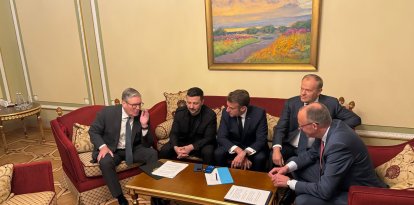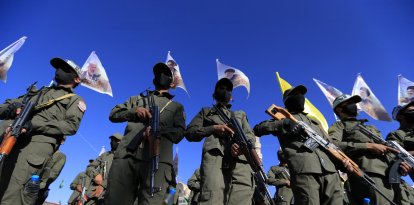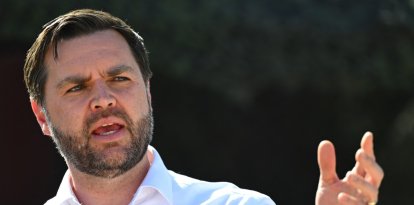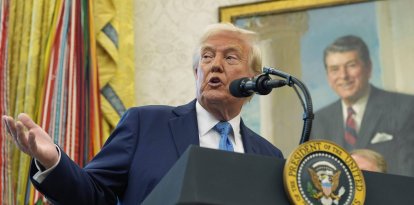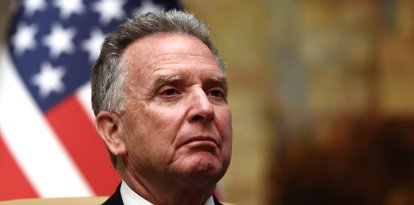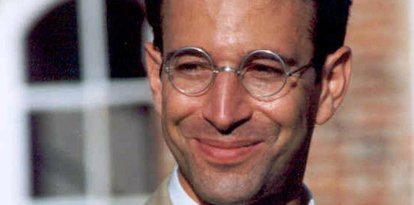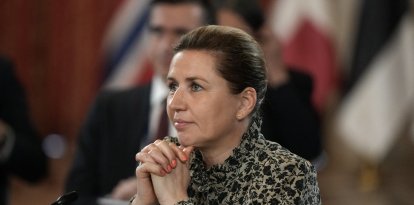The regime of Nicolás Maduro withdraws the invitation to the European Union as an observer of the next "elections"
Without the European Union as an observer, the ability for independent actors to audit the election is limited.
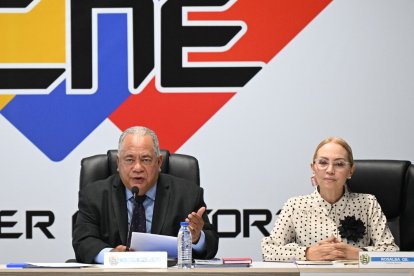
The President of Venezuela's National Electoral Council (CNE), Elvis Amoroso (L) during a press conference at the CNE headquarters in Caracas on May 28, 2024. (Photo by Federico PARRA / AFP)
The regime of Nicolás Maduro withdrew the invitation to the European Union to observe the presidential elections scheduled for July 28 in Venezuela.
Although a little more than 10 days ago the European Union decided to lift the sanctions against several officials of the National Electoral Council - among them its president, the Chavista Elvis Amoroso - as a gesture before the elections, it was Amoroso himself who announced this 28 of May the rudeness.
"The National Electoral Council of the Bolivarian Republic of Venezuela revokes and nullifies the invitation it sent to the European Union to participate, through an electoral oversight mission, in the elections for the position of president," Amoroso said in a statement to the media.
The argument for disinviting the Europeans, Amoroso said, is that, although the sanction against them was recently lifted, the Union maintains the rest of the sanctions against Venezuela.
"This May 13, the European Union, in its historical colonialist position, ratified the unilateral coercive and genocidal sanctions dictated to the worthy people of Venezuela," Amoroso said.
Immediately after the Europeans lifted the sanctions on CNE officials in the middle of this month, the president of the Chavista National Assembly, Jorge Rodríguez, came out to attack the measure and then announced that he would ask Amoroso to revoke the sanction. invitation to the European Union.
On the afternoon of this May 28, the European Union reacted to Amoroso's decision and, in a statement, asked the Nicolás Maduro regime to "reconsider" the decision.
"The European Union deeply regrets the unilateral decision of the National Electoral Council of Venezuela to withdraw its invitation (...) we call on the National Electoral Council to reconsider its decision," the statement reads.
Without the European Union as an election observer, the possibility of independent international factors being able to audit an election in which there are very high suspicions of fraud is limited, as the Nicolás Maduro regime has already done in the past.
For now, the Carter Center is the only institution of considerable international relevance that would have a presence on July 28. However, The Carter Center itself has been questioned for its oversight role in the past. Likewise, oversight would be quite limited.
The decision against the European Union is framed within an environment of dangerous repression in Venezuela. The regime of Nicolás Maduro has launched a strong wave of persecution against its main political adversary, the movement led by María Corina Machado.
Today Machado leads the opposition and undertakes a tour throughout Venezuela around the opposition candidate who managed to register for the elections, the diplomat Edmundo González Urrutia.
RECOMMENDATION
